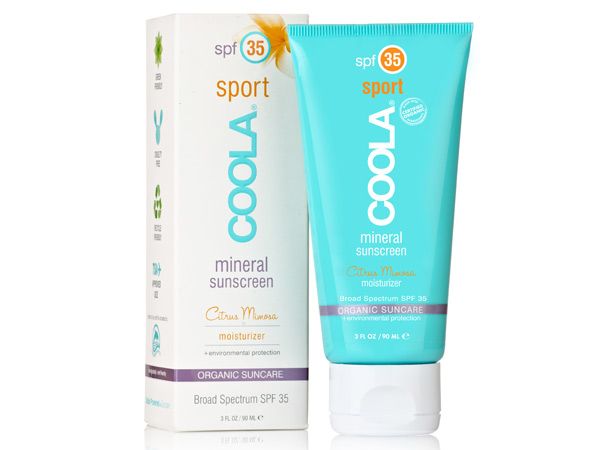


Otherwise, it’s advised that you reapply every two hours. You will need to reapply sunscreen whenever you think it may have dripped off, or been wiped away (you may have just been swimming or become especially sweaty, for example). The amount will undoubtedly vary depending on body size. You should use enough sunscreen to cover all the skin that will not be covered by clothing. Apply plenty of formula and top up every two hours if you can, especially if your last layer has rubbed or washed off. If the sun is strong sun and you think you might burn, applying sunscreen half an hour before you head out in the sun and topping up again just before leaving the house is a good idea. The ingredients include avobenzone, octanoate, and oxybenzone, they are safe to use. Are chemical sunscreens safe?Ĭhemical sunscreens are absorbed into the skin and in turn absorb UV rays, converting them into heat and releasing them from the body. Replacing your moisturiser with sunscreen isn’t advised because their functions are different – moisturiser keeps your skin hydrated, while sunscreen saves your skin from the sun’s harmful UV rays. Can I skip moisturiser and use sunscreen? Even when it’s overcast outside, you can absorb 80 per cent of the sun’s rays, so the advice is to apply SPF whatever the weather. The short answer is that you should be wearing sunscreen every day. For example, if you’re using SPF 30, it will take you 30 times longer to burn than if you weren’t wearing sun cream. SPF stands for sun protection factor – the number tells you how long the sun’s UV radiation would take to redden your skin when using the product exactly as directed versus the amount of time without sunscreen. Sensitive skin will likely do best with a mineral SPF rather than a chemical one, as these can cause skin irritation. How do I choose the best sunscreen for my skin?Īfter taking into account the SPF (skin protection factor), think about whether you have oily skin as you may get along better with a non comodonogenic option (this won’t clog your pores), while dry skin may want more moisturising formulas. These formulas sit on the skin’s surface and prevent UV rays from penetrating the skin.Ĭhemical sunscreens on the other hand are absorbed into the skin, allowing UV rays into the skin before turning them into heat and releasing them from your body. Mineral sunscreens are considered more eco-friendly and contain zinc oxide and titanium dioxide. Best smelling body sunscreen – Sol de Janeiro bum bum sol oil SPF30 body sunscreen: £36, .ukīody sunscreen FAQs Which type of sunscreen is best? (Chemical vs mineral)Ĭhemical and mineral sunscreens both work to shield your skin from the sun’s UV rays but in different ways.Best non-greasy body sunscreen – Caudalie beautifying suncare oil SPF30: £21,.Best body sunscreen for wearing under make-up – Zelens body defence sunscreen SPF30: £27.50,.Best affordable body sunscreen – Soltan once advanced 8hr protect suncare lotion SPF50+: £10,.Best body sunscreenfor sport – Dermalogica protection 50 sport SPF50 body sunscreen: £34,.Best body sunscreen for sensitive skin – La Roche-Posay anthelios invisible spray SPF50+: £22.50, .uk.Best spray body sunscreen – Coola pina colada sunscreen spray SPF30: £22.50,.Best body sunscreen for babies and pregnany women – Mustela high protection sun spray SPF50, 200ml: £16.99, .uk.

Best light body sunscreen – Vichy solar protective water SPF50 body sunscreen: £14.25,.



 0 kommentar(er)
0 kommentar(er)
